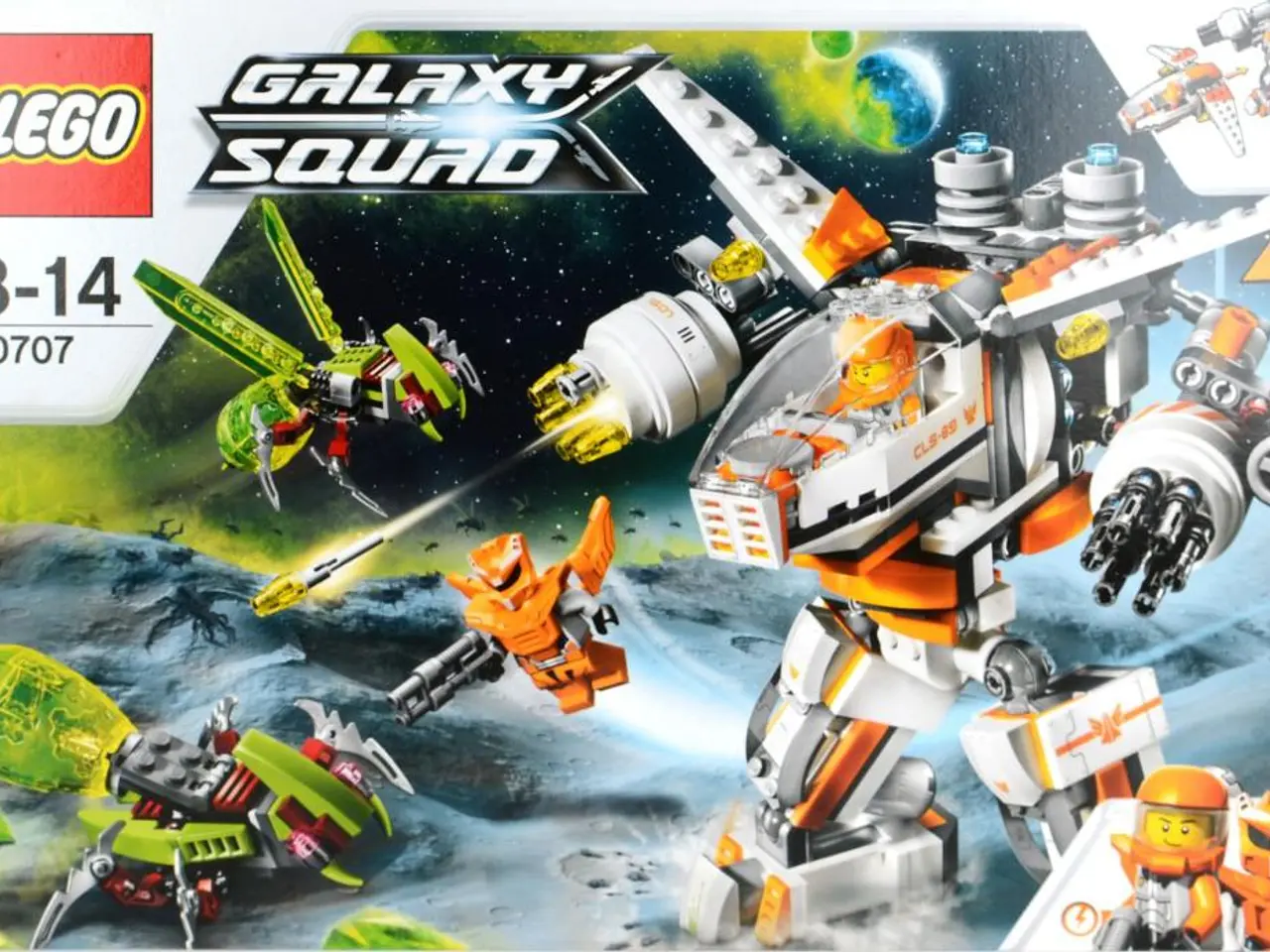Unveiling the Top 50 AI-Powered Applications, Several of Which Remain Relatively Obscure
In a groundbreaking report by the U.S. venture capital firm Andreessen Horowitz, the top 50 generative AI products have been compiled, showcasing the burgeoning AI landscape. The list, divided into web products and apps, reveals some interesting trends, with companion chatbots making up a significant 20 percent of the total.
Leading the pack is ChatGPT, the most popular AI app and website, heavily promoting its new chatbot features. This newcomer, developed by OpenAI, sits at the top of the list alongside Gemini, demonstrating the growing demand for AI-powered conversational interfaces.
Elon Musk's latest venture, Grok, is also high up on the list, thanks to its chatbot "Ani" and other companion chat functions. The AI-powered app, Pl@ntNet, is ranked 50th on the list, providing a valuable service in plant recognition.
The popularity and profitability of companion chatting as an application for AI companies is noteworthy. However, concerns have arisen regarding the interaction of these AI products with teenagers and children. A recent report by The New York Times revealed that Meta's internal guidelines allowed its AI to chat romantically with children, sparking scrutiny and calls for answers from several U.S. senators.
OpenAI, the developer of ChatGPT, has announced it is developing new safeguards for handling sensitive situations, following reports of a teenager who committed suicide after chatting with ChatGPT, with his parents now suing OpenAI.
Interestingly, many of the apps in the list are unfamiliar, particularly those high up on the list, due to their primary focus on Chinese users. AI products developed in China but intended for users outside of China, like DeepSeek, Kling, and SeaArt, are among the top 50.
In China, certain popular AI tools like ChatGPT are banned, resulting in the existence of other AI tools for general use, such as Quark, Alibaba's assistant, and Kimi.
The data for the web products is based on SimilarWeb analyses, while the app data is based on Sensor Tower figures, providing a comprehensive overview of the current AI market. The list was compiled based on data from the last six months, reflecting the rapid pace of innovation in the AI industry.








